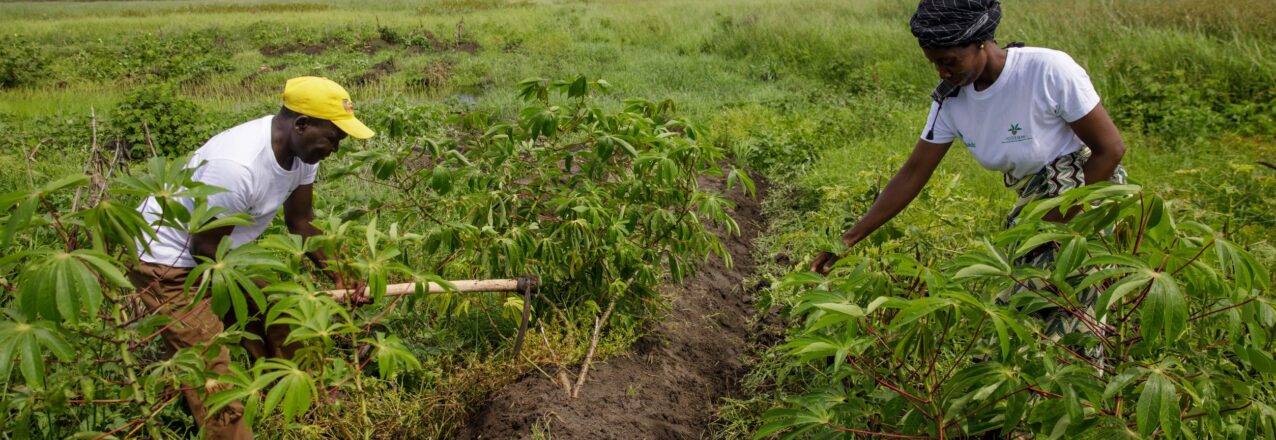USAID is partnering with private sector companies to improve gender-responsive land rights documentation and develop the capacity of communities to access and benefit from land.
Disputes over land are common in Mozambique, a country with a complex history of conflict, migration, resettlement, and land informality. Land in Mozambique is owned by the state, and citizens are provided legal, longterm land and resource use rights. While the country’s progressive land law does provide communities and citizens with tenure security, the majority of Mozambique’s rural population lacks the documentation, financial resources, and technical capacity to secure their rights in practice.
Balancing the need to support community land rights against a desire to increase private-sector investment in land has been challenging, and as a result, land policies meant to protect communities and smallholders have been implemented inequitably. Smallholder farmers often find themselves competing against private sector interests who garner state support because they have the means to be large-scale producers. This environment continues to make it difficult for undocumented smallholders to protect their land rights, invest into their land, and negotiate with the private sector.
In Mozambique, USAID’s Integrated Land and Resource Governance (ILRG) program is working with communities, the private sector, and the Government of Mozambique to clarify and document land and resource rights, improve local land administration, and increase responsible land-based investments that benefit communities, with a special focus on securing women’s land rights. The five-year program (2018-2023) works to raise awareness of land and resource rights and supports communities to settle complicated land and boundary disputes.


